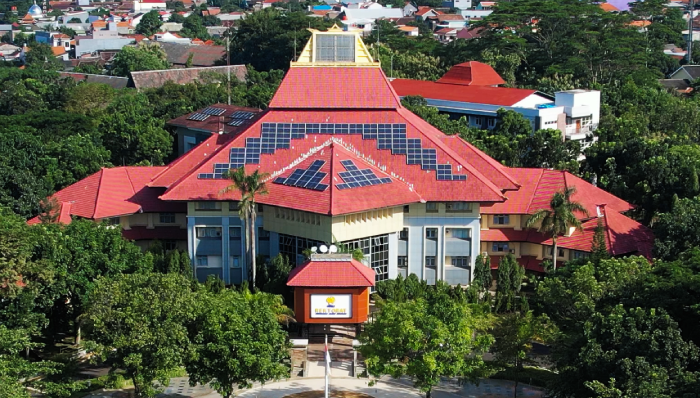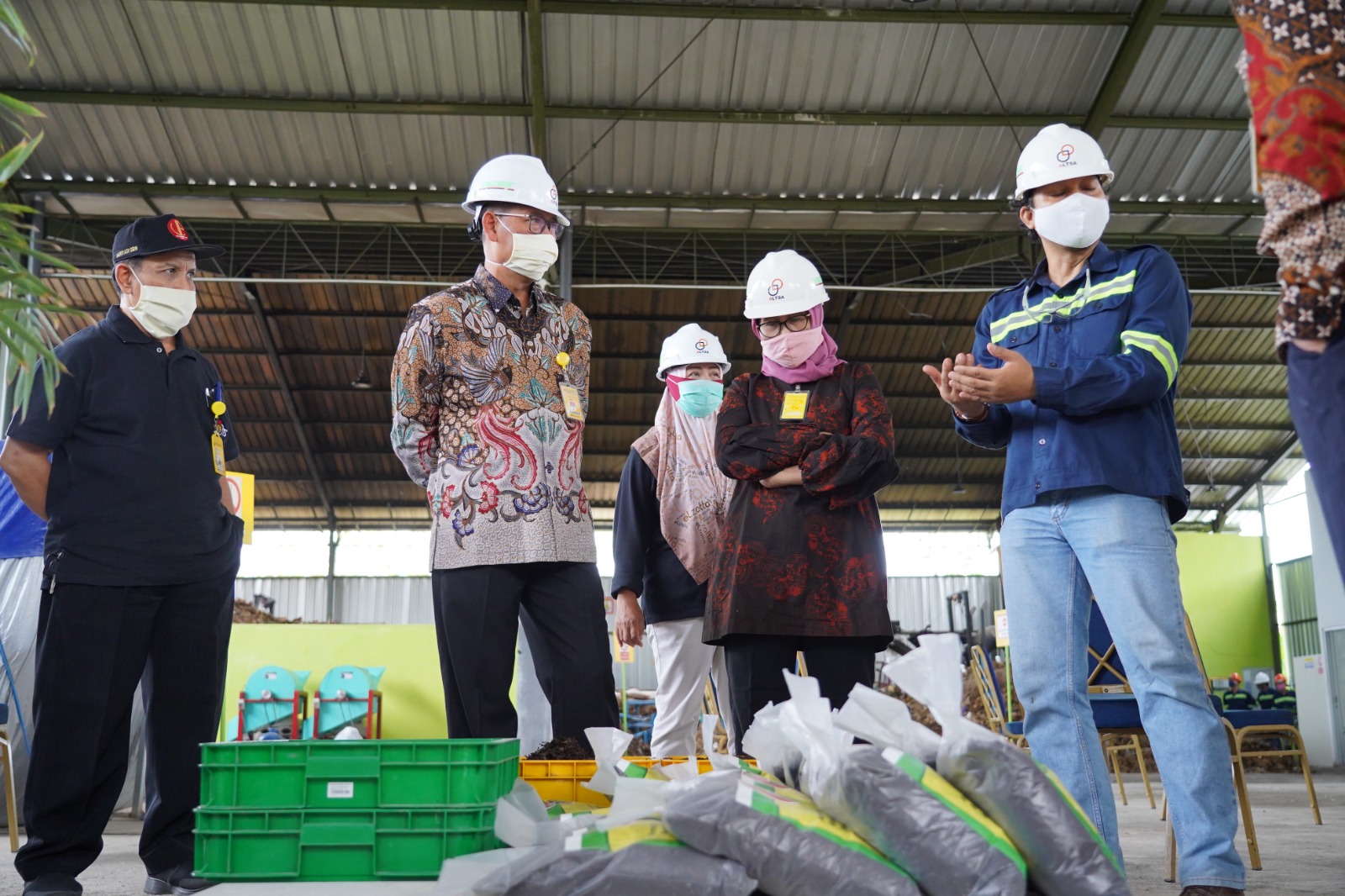Universitas Negeri Semarang (UNNES) is taking significant steps toward sustainability by adopting energy-saving technology across its campus. Through the installation of various energy-efficient devices and systems, UNNES aims to reduce energy consumption, save costs, and create an environmentally friendly environment.
The energy-saving initiative on campus includes using motion sensor LED lights, which only turn on when there is movement—perfect for areas such as restrooms. LED lights, which consume much less energy than traditional bulbs, now serve as the primary illumination source in classrooms, lobbies, and offices. A total of 79,574 LED lights have been installed, with 97% of them meeting energy-saving standards, resulting in significant savings.
Reflectors are also used to improve lighting efficiency by distributing light more evenly, allowing for the use of low-power lamps while still maintaining bright illumination. Approximately 9,520 reflectors have been installed, with 94% meeting energy efficiency standards.
Buildings are also designed with modern room cooling systems equipped with digital inverters to reduce power consumption. These inverters enhance the performance of AC units by regulating airflow and cooling only when necessary. Although only 61% of the AC units on campus are considered energy-efficient, this change represents a significant improvement.
Furthermore, smart touchscreen boards have primarily replaced conventional LCD projectors. These smart boards serve dual functions as projectors and digital screens, reducing the need for separate equipment and minimizing energy waste. Of the 1,831 projectors used on campus, 42% are now energy-efficient models.
In computer laboratories, UNNES has adopted PCs that combine the CPU and monitor into a single unit. This approach saves space and reduces power consumption, resulting in a 59% energy savings.
These integrated efforts have led to an average energy efficiency rate of 70%. This commitment not only aligns with global environmental goals but also positions Universitas Negeri Semarang as a pioneer in campus green initiatives. UNNES’s commitment to sustainability is further demonstrated through its continuous improvement and investment in energy-efficient technologies. By staying at the forefront of these initiatives, UNNES is ready to become a model institution for energy-conscious educational practices.




